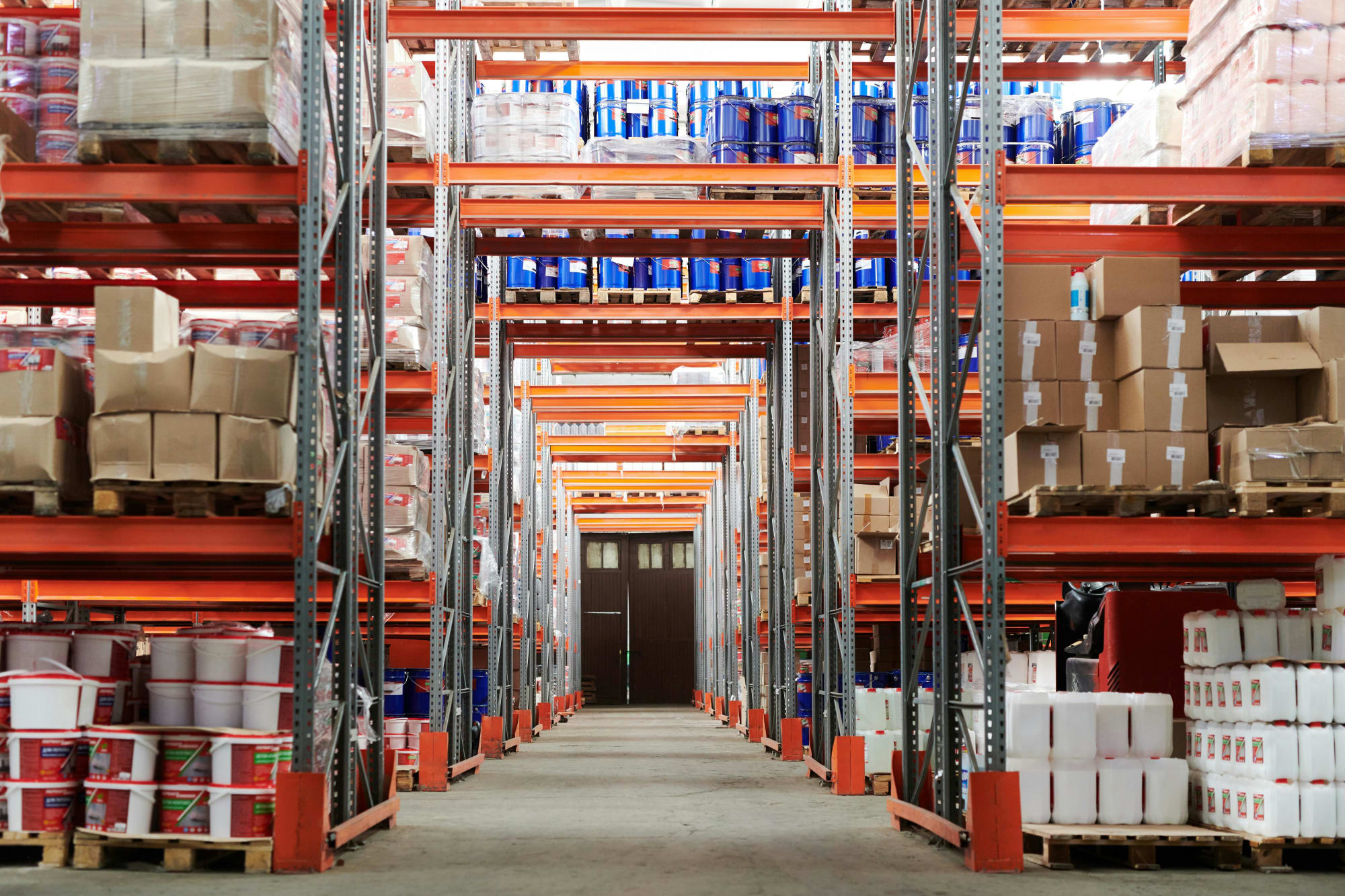Earn
Freelancing series: Tax and deductions, explained in simple terms
Freelancers have more control over their time, clients, projects and income. But they don’t receive the benefits that employees enjoy. Likewise, they have to manage and file their own taxes, especially if they freelance full-time.
Freelancing series: Tax and deductions, explained in simple terms
Freelancers have more control over their time, clients, projects and income. But they don’t receive the benefits that employees enjoy. Likewise, they have to manage and file their own taxes, especially if they freelance full-time.

Fortunately, the Australian Taxation Office (ATO) allows freelancers to deduct certain expenses from their tax return.
Here’s what you need to know about filing your tax and deductions as a freelancer.
What you need for your tax return
You still have to report all your income and pay tax on it even if you work as a freelancer or sole trader – or risk the government coming after you for tax evasion.
Make sure to include all your freelancing income in the business section of your individual tax return as there is no separate business tax return form for sole traders.

Apply for a TFN
If you have a project with a company, your employer or client may have to withhold taxes at a higher rate if you can’t provide a TFN. Consider applying for a tax file number (TFN) if you work in Australia regardless of your employment arrangement.
For instance, if you’re employed by an agency or company as a freelance contributor, the company will have to withhold taxes from your pay cheque. But without a TFN, your income will be taxed at the highest marginal tax rate (45 per cent). Likewise, any contribution to your super will be taxed at 34 per cent instead of 15 per cent.
Apply for an ABN
You may also need an Australian Business Number (ABN) if you transact as a sole trader and have contracts with different businesses or clients. An ABN isn’t required, but your clients may be required to withhold 49 per cent (47 per cent tax and 2 per cent Medicare levy) of their payment to you if you don’t provide an ABN.
Likewise, consider enrolling for the Pay As You Go Instalments (PAYGI) system. PAYGI allows you to pre-pay your tax obligation for the year based on estimates from your previous tax return. Any excess payment will be refunded when you lodge your tax return for the current year.
Register for GST
If you offer goods and services and have an annual turnover of $75,000 or over, you will be liable to pay for goods and services tax (GST).
Your taxes and deductions
Employed individuals may have it easy when it comes to filing taxes, but freelancers and sole traders have more deductions they can apply in their tax return.
Make sure to take all your taxable income and business expenses into consideration to simplify the process when you file your tax return at the end of the financial year.
Work out your taxable income
Taxable or assessable income is your combined income (i.e. business, employment and investments) minus business expenses.
Your total assessable income will determine your effective marginal tax rate which, in turn, will be used to compute the amount of tax you need to pay the ATO.
Consider eligible deductions
According to ATO, “you can claim a tax deduction for most expenses you incur in carrying on your business as long as they directly relate to earning your assessable income”. However, you need to provide evidence for this before the ATO deems the deduction as valid.
There are three rules you need to satisfy to validate a deduction:
- If claiming a full deduction, the item or expense must purely be for business use.
- If usage is both private and business, you may only claim a deduction for the portion that is used for the business.
- You must keep evidence or records to prove that it is a valid business deduction.
Below are some of the work-related expenses you may deduct:
Home office expenses
Expenses for rent, utilities, communication, mortgage and repairs for your home office are all allowable deductions, according to the ATO.
Likewise, you may deduct motor vehicle and transportation expenses between your home and other places if the travel or meeting is for business purposes.
Equipment, gadgets and trade tools
ATO allows sole traders to deduct their expenses for the purchase of equipment, gadgets and trade tools, such as laptops and cameras as long as the item is for business use. Expenses for maintenance and repairs for such items are allowable deductions as well.
You may also claim deductions for depreciating assets that are necessary in running your business. However, refer to rule number 2 if you also use the item for other things.
Work-related uniform expenses
If you work in a field that requires a special suit or uniform, such as steel-toed boots or safety goggles, you may deduct the price of the item in your tax return.
Super contributions
Sole traders are not required to enrol and contribute to a super fund or SMSF. However, should you decide to enrol in a super fund or SMSF, you may deduct both pre-tax and after-tax contributions to your tax return.
You may also deduct voluntary super contributions you make on behalf of your spouse or partner. For more information on this, read “Superannuation for the self-employed”.
Explore nestegg for more information about earning through freelancing.
About the author

About the author


Side hustle
CyberPath initiative aims to bolster Australia's cybersecurity workforce
In a significant move to strengthen Australia's cybersecurity workforce, the Australian Computer Society (ACS) has announced the launch of a new initiative, CyberPath: Paving the Way Forward for Cyber ...Read more

Side hustle
NSW SES launches inaugural flood rescue challenge to strengthen skills and capability
In a concerted effort to bolster their life-saving skills, more than 150 volunteers from the New South Wales State Emergency Service (NSW SES) converged at the Penrith Whitewater facility over the ...Read more

Side hustle
Australians Sitting on a Goldmine of Clutter Worth Over $1,300 Per Household
Australians are sitting on a potential goldmine of unused and unwanted items, with new research revealing that the average Aussie household has $1,349 worth of clutter that could be turned into cashRead more

Side hustle
PayPal's AU$1.5 billion boost empowers Australian small businesses
In a significant development for Australian small businesses, PayPal Australia has announced a major milestone, revealing that its PayPal Working Capital program has provided over AU$1.5 billion in ...Read more

Side hustle
From passion to profit: Turning your hobby into a side hustle in Australia
In today’s economic climate, finding ways to supplement your income can not only provide financial security but also offer an opportunity to pursue your passions. For many Australians, turning a hobby ...Read more

Side hustle
Thriving in the digital age: Maximize your earnings with remote work
The global shift towards remote work has opened up a myriad of opportunities for professionals in Australia and around the world to redefine their work-life balance while maximizing their earnings ...Read more

Side hustle
Side hustles that can turn into full-time careers
In the age of the gig economy, the traditional 9-to-5 workday is no longer the only pathway to success. Read more

Side hustle
All-female start-up helping consumers monetise their data
ChainCollective announced its soft launch on International Women’s Day. Read more

Side hustle
CyberPath initiative aims to bolster Australia's cybersecurity workforce
In a significant move to strengthen Australia's cybersecurity workforce, the Australian Computer Society (ACS) has announced the launch of a new initiative, CyberPath: Paving the Way Forward for Cyber ...Read more

Side hustle
NSW SES launches inaugural flood rescue challenge to strengthen skills and capability
In a concerted effort to bolster their life-saving skills, more than 150 volunteers from the New South Wales State Emergency Service (NSW SES) converged at the Penrith Whitewater facility over the ...Read more

Side hustle
Australians Sitting on a Goldmine of Clutter Worth Over $1,300 Per Household
Australians are sitting on a potential goldmine of unused and unwanted items, with new research revealing that the average Aussie household has $1,349 worth of clutter that could be turned into cashRead more

Side hustle
PayPal's AU$1.5 billion boost empowers Australian small businesses
In a significant development for Australian small businesses, PayPal Australia has announced a major milestone, revealing that its PayPal Working Capital program has provided over AU$1.5 billion in ...Read more

Side hustle
From passion to profit: Turning your hobby into a side hustle in Australia
In today’s economic climate, finding ways to supplement your income can not only provide financial security but also offer an opportunity to pursue your passions. For many Australians, turning a hobby ...Read more

Side hustle
Thriving in the digital age: Maximize your earnings with remote work
The global shift towards remote work has opened up a myriad of opportunities for professionals in Australia and around the world to redefine their work-life balance while maximizing their earnings ...Read more

Side hustle
Side hustles that can turn into full-time careers
In the age of the gig economy, the traditional 9-to-5 workday is no longer the only pathway to success. Read more

Side hustle
All-female start-up helping consumers monetise their data
ChainCollective announced its soft launch on International Women’s Day. Read more








